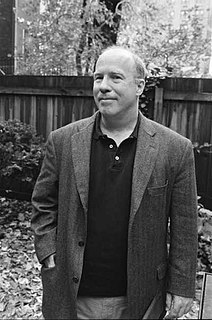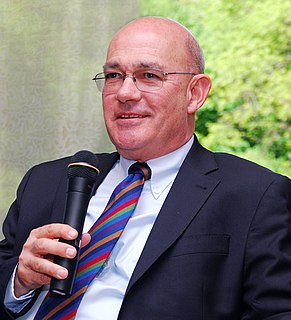A Quote by Zbigniew Brzezinski
Never before has a populist democracy attained international supremacy. But the pursuit of power is not a goal that commands popular passion, except in conditions of a sudden threat or challenge to the public's sense of domestic well-being. The economic self-denial (that is, defense spending) and the human sacrifice (casualties, even among professional soldiers) required in the effort are uncongenial to democratic instincts. Democracy is inimical to imperial mobilization.
Quote Topics
Among
Attained
Before
Being
Casualties
Challenge
Commands
Conditions
Defense
Defense Spending
Democracy
Democratic
Denial
Domestic
Economic
Effort
Even
Except
Goal
Human
Imperial
Instincts
International
Mobilization
Never
Passion
Popular
Populist
Power
Professional
Public
Pursuit
Required
Sacrifice
Self
Self-Denial
Sense
Soldiers
Spending
Sudden
Supremacy
Threat
Well
Well-Being
Related Quotes
The moral case is, people say, "Oh they're not ready for democracy," but that's something someone who lives in a democracy would say about someone who doesn't live in a democracy. Well, if democracy is the highest form of human potential, then it can't be true for us and not for them. But, the practical case is democracies don't invade their neighbors. Democracies don't traffic in child soldiers. Democracies don't harbor terrorists as a state policy. So there's a reason to have more democratic states.
Democracy, in the United States rhetoric refers to a system of governance in which elite elements based in the business community control the state by virtue of their dominance of the private society, while the population observes quietly. So understood, democracy is a system of elite decision and public ratification, as in the United States itself. Correspondingly, popular involvement in the formation of public policy is considered a serious threat. It is not a step towards democracy; rather it constitutes a 'crisis of democracy' that must be overcome.
Looking at polls of Arab public opinion, you look at popular figures, the most popular figure is the prime minister of Turkey, Erdogan, and then it goes down the list. You get Osama Bin Laden, Saddam Hussein, you don't get Obama, or in fact any western leader. The public doesn't want the whole imperial project. So if you had democracy, it would be all over.
I am a Mexican. The United States lived seventy-five years with the one party system in Mexico - the PRI - without batting an eyelid, never demanding democracy of Mexico. Democracy came because Mexicans fought for democracy and made a democracy out of our history, our possibilities, our perspectives. Democracy is not something that can be exported like Coca-Cola. It has to be bred from the inside, according to the culture, the conditions of each country.
Pick the topic you like: the Middle East, international terrorism, Central America, whatever it is - the picture of the world that's presented to the public has only the remotest relation to reality. The truth of the matter is buried under edifice after edifice of lies upon lies. It's all been a marvelous success from the point of view in deterring the threat of democracy, achieved under conditions of freedom, which is extremely interesting. It's not like a totalitarian state, where it's done by force. These achievements are under conditions of freedom.
What we are seeing in cities such as Chicago, Athens and other dead zones of capitalism throughout the world is the beginning of a long struggle for the institutions, values and infrastructures that make critical education and community the center of a robust, radical democracy. This is a challenge for young people and all those invested in the promise of a democracy that extends not only the meaning of politics, but also a commitment to economic justice and democratic social change.
Democracy, taken in its narrower, purely political, sense, suffers from the fact that those in economic and political power possess the means for molding public opinion to serve their own class interests. The democratic form of government in itself does not automatically solve problems; it offers, however, a useful framework for their solution. Everything depends ultimately on the political and moral qualities of the citizenry.
































